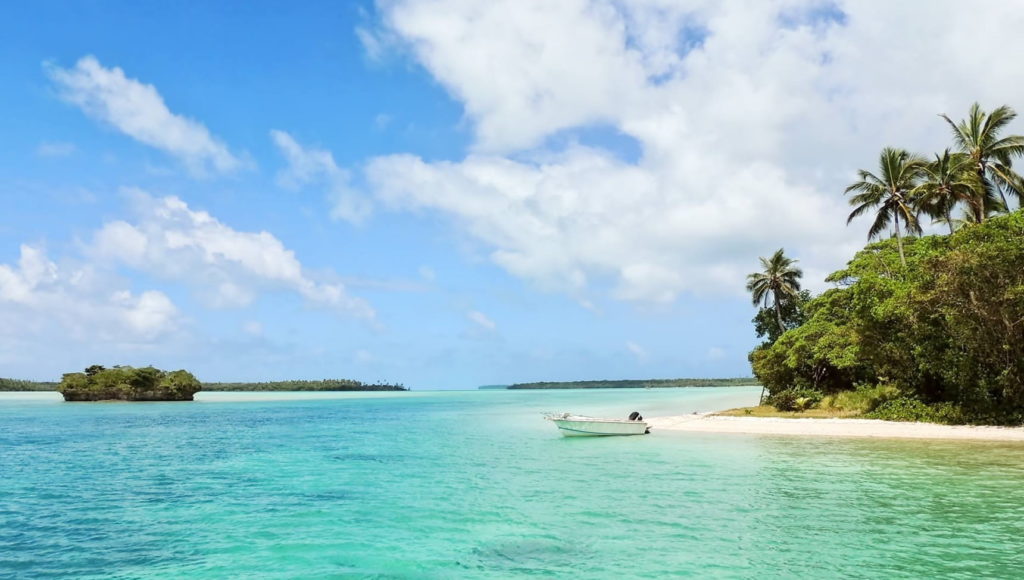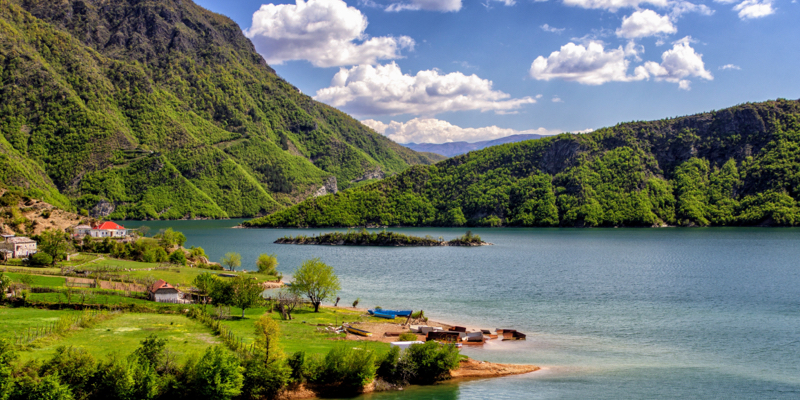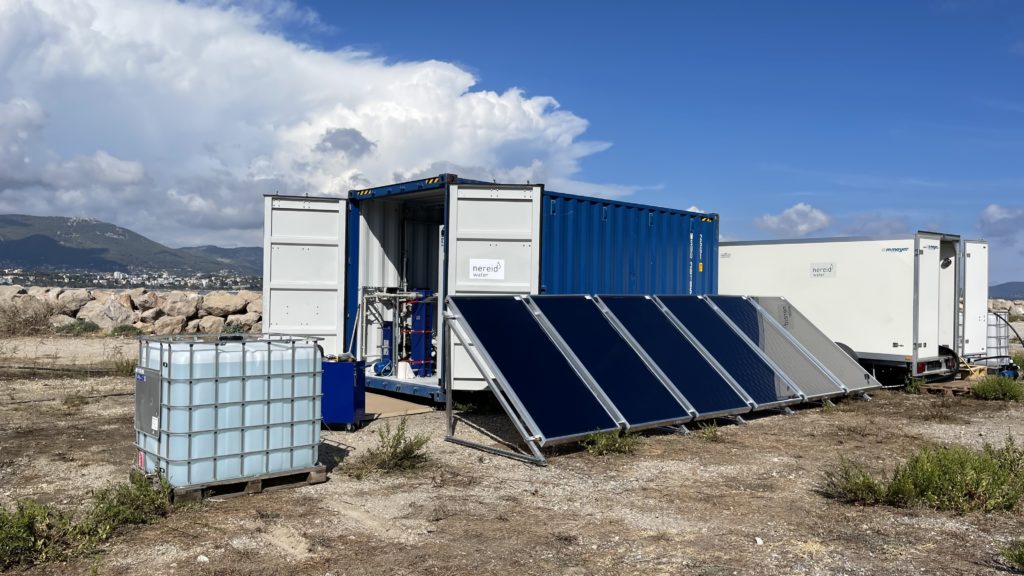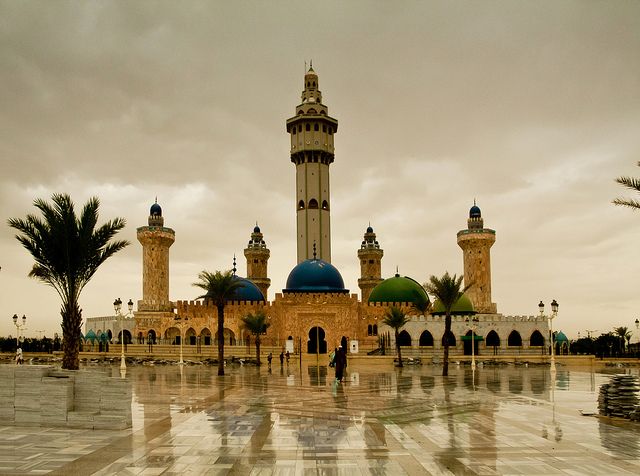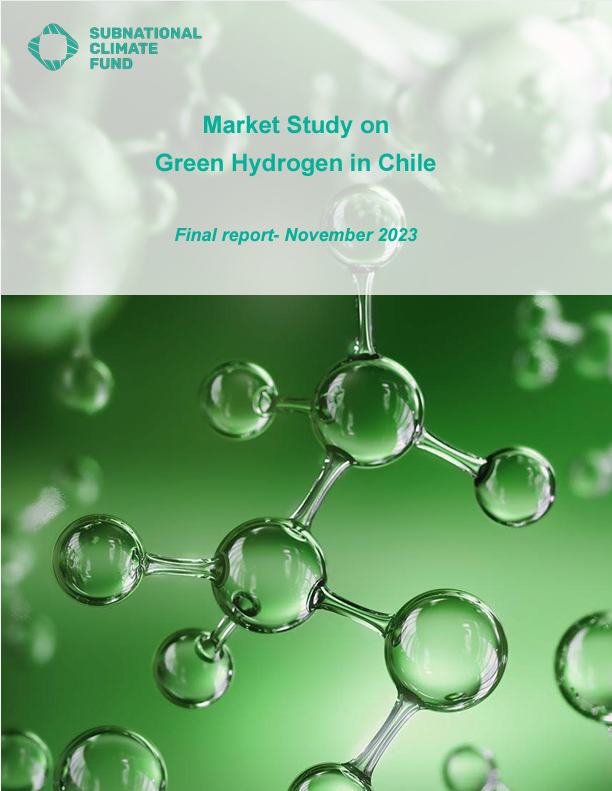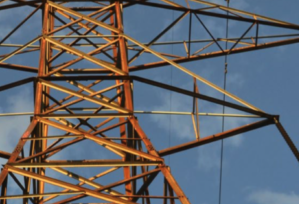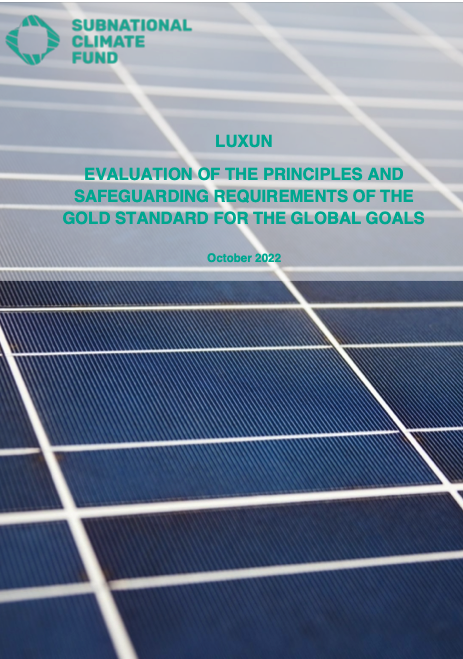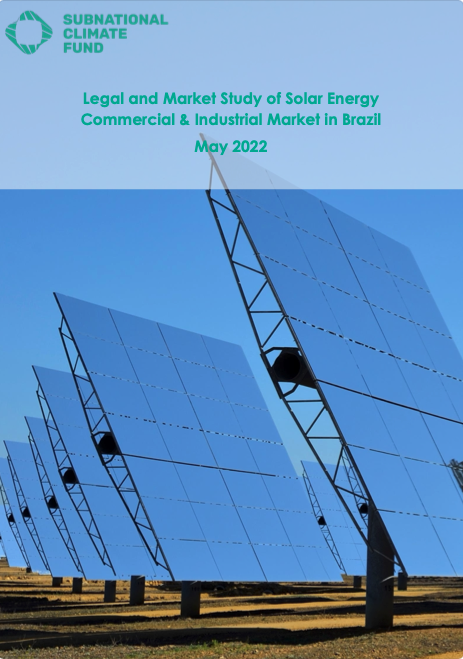- Sector : Renewable Energy
- Location : Chile
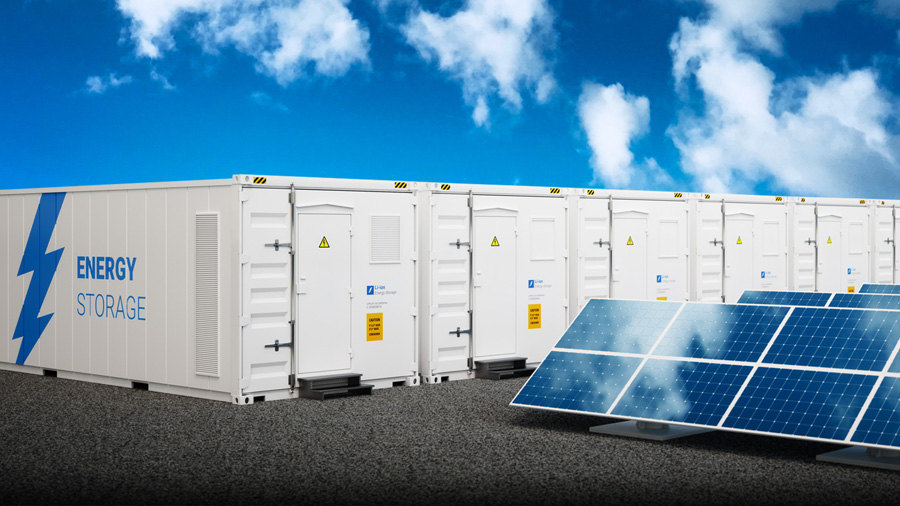
Overview
The SCF is providing Technical Assistance to a large-scale Battery Energy Storage System (BESS) in northern Chile’s Antofagasta region to address solar energy curtailment and improve grid stability. The project will store excess daytime solar power and release it during evening peak demand, replacing fossil fuel-based ramp-up energy and supporting Chile’s clean energy transition.
By combining grid-connected storage, clean energy optimization, and strong ESG compliance, the project aligns with Chile’s national Energy 2050 plan and strengthens the country’s climate resilience and renewable energy infrastructure.
The Challenge
Chile has experienced a rapid expansion of solar PV capacity, particularly in its northern desert regions. However, grid bottlenecks and timing mismatches between generation and demand have led to significant curtailment of solar energy—with renewable power going unused. The lack of battery storage prevents shifting clean energy to evening hours, forcing reliance on coal-fired ramp-up generation.
Without sufficient storage infrastructure, solar power continues to be wasted while fossil fuel plants meet evening demand.
SCF’s Involvement
To enable project bankability and scale, the SCF TA Facility provides grants for pre-feasibility and a feasibility studies covering:
● Advanced financial and market modelling
● Foundational engineering design
● ESG-compliant technology selection
● Enhanced environmental and social impact planning
● Strategic legal and commercial structuring
This technical assistance ensures the project can meet high sustainability, financial, and regulatory standards while maximizing clean energy utilization.
Our Target Impact
The project contributes to national and global sustainability goals through solar integration, fossil fuel displacement, and economic empowerment.
-

SDG 7 Affordable and Clean Energy
The project supports grid stability and clean energy access by shifting renewable energy to peak demand hours, helping reduce electricity costs and reliance on imported fuels.
-

SDG 13 Climate Action
By storing excess solar generation and avoiding coal ramp-up, the project will significantly reduce CO₂ emissions and increase the efficiency of Chile’s renewable energy mix.
-

SDG 8 Decent Work and Economic Growth
Through new infrastructure and local operations, the project contributes to Chile’s decarbonization goals while generating green jobs in construction, maintenance, and battery operation.
-

SDG 5 Gender Equality
The project aims to promote gender inclusion by hiring senior women engineers and technical professionals across project development stages.
The investment described above is a potential pipeline investment of SCF. There can be no guaranty that the investment will be completed on the terms described or implied above, that SCF will be able to successfully invest in such investment or that impact targets will be achieved.
